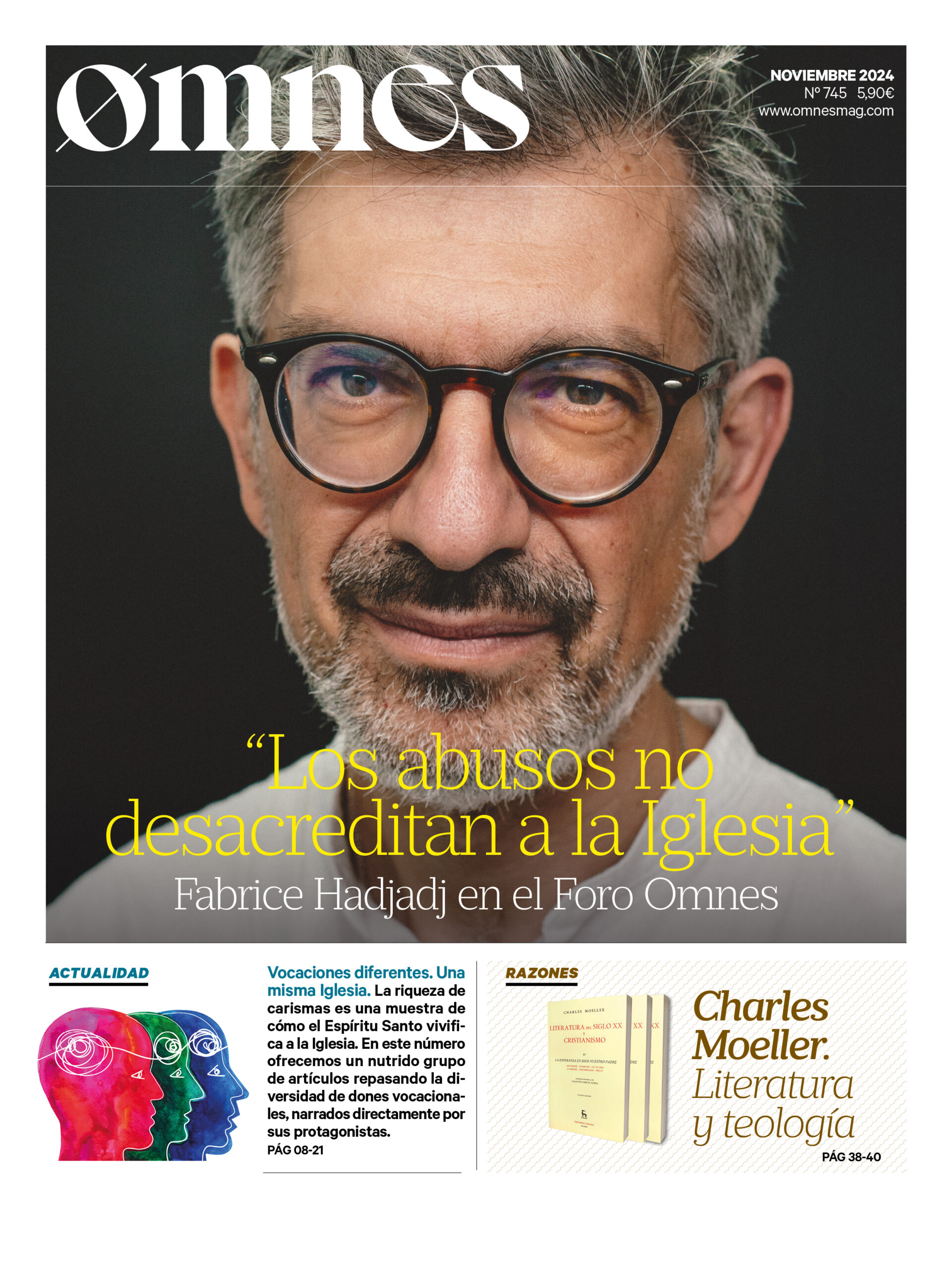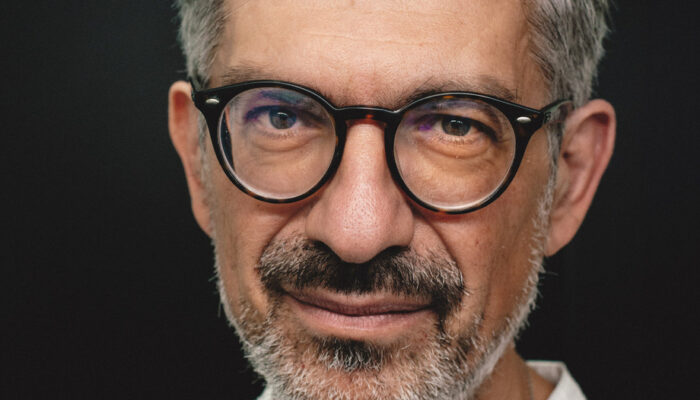The bishops' note on the academic ordination of the Catholic Religion class has been made public once most of the Autonomous Communities have published their decrees, defining the consideration of the area/subject of Catholic Religion and its timetable in the development of the LOMLOE (Organic Law for the Modification of the LOE).
With regard to what is regulated in the law by the Ministry of Education and Vocational Training, the Episcopal Commission already stated that "we would have liked that the proposal made by the Episcopal Conference to the Ministry of Education in July 2020 had found acceptance in the legislative approaches and that a better accommodation of the Religion class in the educational system had been achieved", because "the text finally approved (...) is not entirely satisfactory for us" (November 4, 2021).
Regarding the timetable for the area/subject of Catholic Religion, defined in the Royal Decrees establishing the organization and minimum teachings of each of the educational stages, the aforementioned note regretted that "the opportunity to maintain at least the minimum timetable of the LOE, a law to which the LOMLOE gives continuity" had been "lost".
In addition, the bishops expressed their "surprise" because "the teaching load is limited to a minimum in an area as decisive for the education of the person as is the ERE" (School Religious Education).
In this sense, the Episcopal Commission expressed at the time "to the respective educational Administrations a reasonable extension of the timetable of the area/subject of Religion, without reducing it to that established by the Ministry within the scope of its competencies".
Different actions
Now, the bishops complete the assessment made with an analysis of the schedule of Religion in compulsory education in the "autonomous realities". "Some Autonomous Communities have maintained the minimum timetable established by the Ministry of one hour a week," they point out. "In some cases this means maintaining the existing timetable, and even an increase with respect to the previous regulation, which would now be completed with a few more minutes of class (Aragon, Asturias, Balearic Islands, Basque Country, Valencia); in Galicia the timetable has been reduced in the only course where it exceeded one hour per week".
"In other Autonomous Communities," they add, "establishing the minimum set by the Ministry of one hour per week has meant a significant decrease with respect to the schedule that the Religion area/subject had (Canary Islands, Cantabria, Catalonia, La Rioja, Navarre)."
Increments
"Other Autonomous Communities have increased the minimum timetable established by the Ministry, regulating an hour and a half or even two hours a week of Religion in some courses of basic education," reports the episcopal note.
"Thus, they maintain the schedules that already had the area/subject of Religion (Andalusia, Castilla y León, Madrid, Murcia); we value positively the regulation of the teaching of religion in the articles of the decrees and not in additional provisions", continues the note. "In other cases, despite the reduction of the timetable in some courses, the increase over the weekly hour that already existed in other courses has been maintained (Castilla-La Mancha, Extremadura)".
"Very diverse panorama"
The Episcopal Commission points out that "the panorama of how the timetable of the subject of Religion has been left in the whole of the educational Administrations is very diverse and requires a specific consideration for each territory".
The bishops appreciate "the recognition by some educational administrations of the need to provide the subject of Religion with a sufficient timetable; it seems to us a sign that a better academic consideration of the Religion class is still possible".
However, they add: "on the other hand, we regret that in many cases this regulation has not been taken advantage of to provide the area/subject of Catholic Religion with a broader timetable that would allow it to contribute with its basic knowledge to the Exit Profile, and in particular the lack of consideration of the subject that implies a significant decrease in the timetable in some Autonomous Communities".
In his opinion, "an opportunity has been lost, in these cases, for a better academic consideration of the Religion class, an essential educational area for school education to achieve its own goals".
Some regulate the alternative, others do not
The note also offers an assessment of "the regulation that has been made of the educational care that has to be offered to students who do not choose the Religion class. "We regret," they write, "the disappearance of an alternative that upholds the principle of non-discrimination and equality of students. We maintain the conviction that it is possible to understand the place of school religious education in the integral formation of the person, so that the dichotomy between Religion and 'mirror' subject can be overcome in the educational system".
However, in spite of this disappearance in the LOMLOEThe decrees of minimum teachings demand, for students who do not choose Religion, an educational attention programmed by the centers. Some autonomous communities have regulated, with greater or lesser precision, this educational attention, the note points out, and others, on the other hand, "have not provided a regulatory framework for this educational attention that the law explicitly requests to be programmed in the educational centers".
The bishops value positively "that some educational administrations have established this educational attention through projects that should be part of the annual general programming of the centers, with due information to the families of its content and development".
In general terms, the episcopal note "appreciates an improvement in the perception of some educational administrations regarding the significant contribution of ERE in the integral formation of the student body. And there are also improvements in the school treatment of students who do not choose Religious education, although there is still a risk -in some cases, the reality- of a possible illegal discrimination of students who choose the area/subject of Religion".
In his opinion, "it is necessary to continue the work of explaining and disseminating to families, the educational community and society as a whole the importance of this educational area, which should reflect the plurality of the student body, in the school curriculum as a whole".








